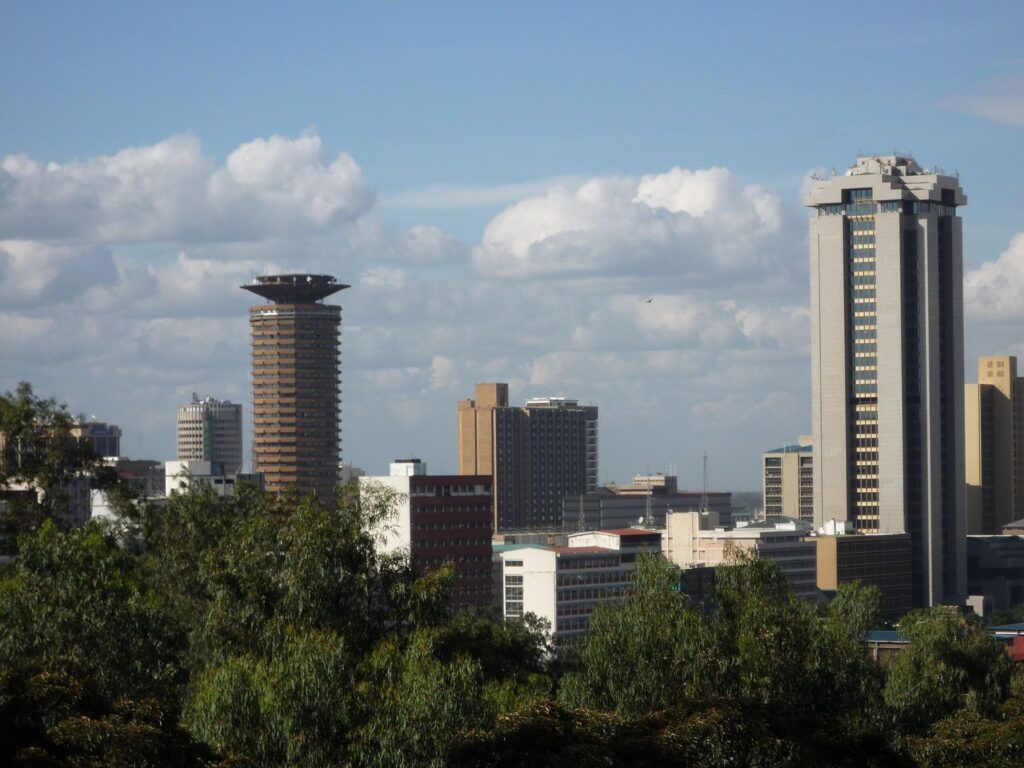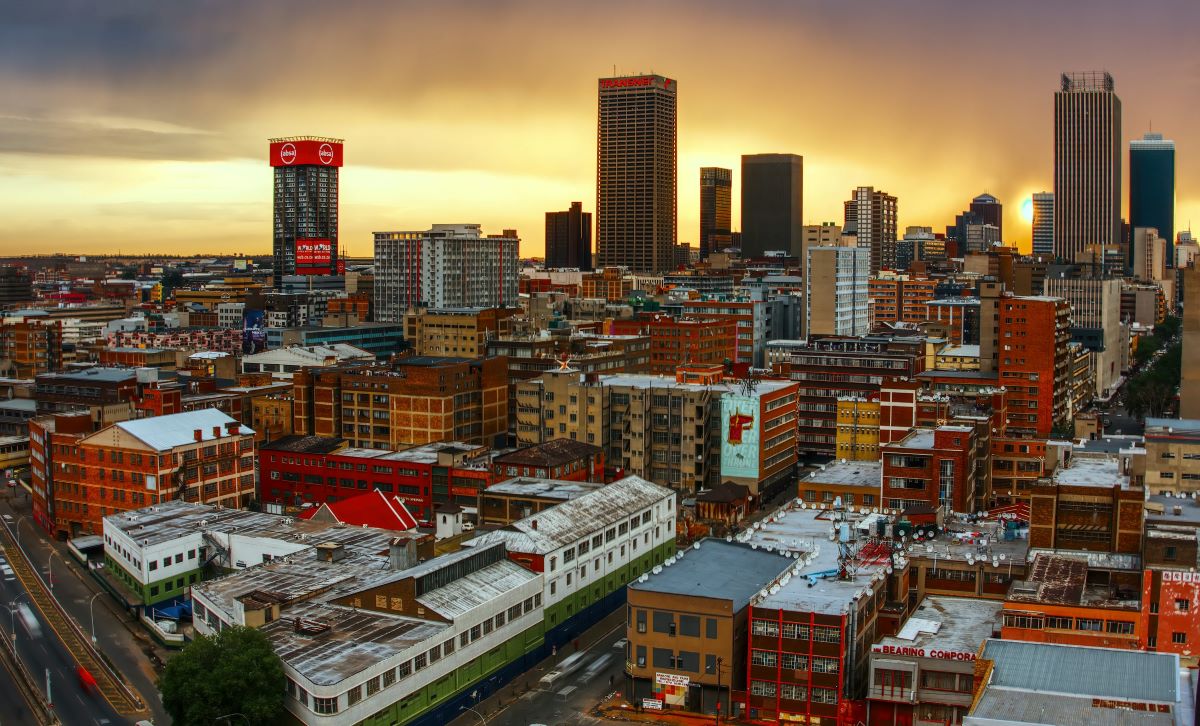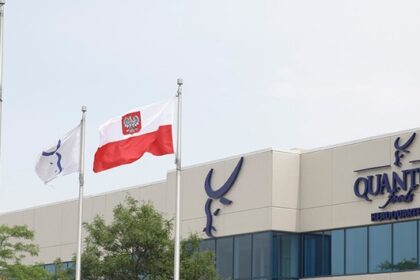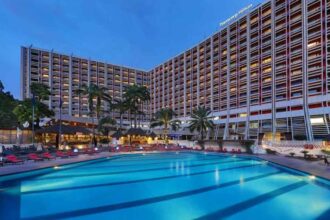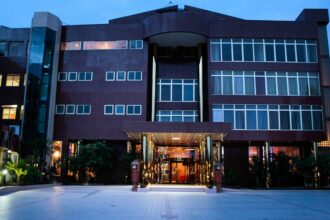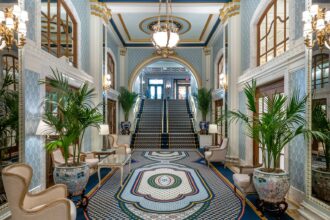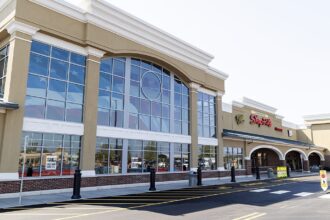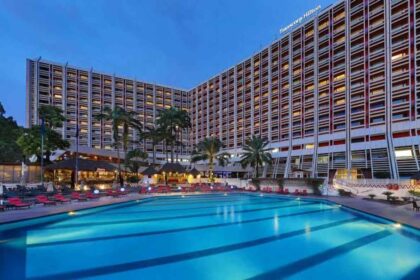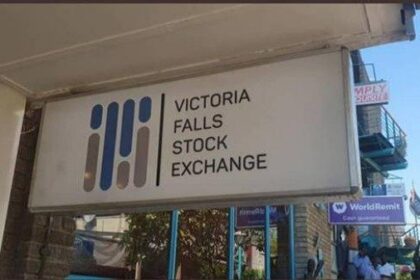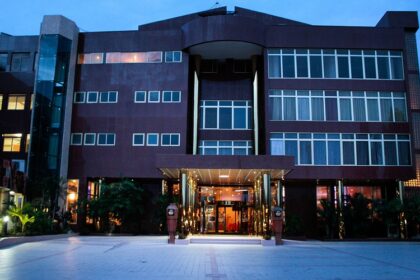At a Glance
- Africa’s luxury market splits between eco-safari retreats and fast-rising urban skylines.
- Investors balance profit and purpose as conservation meets capital across the continent.
- Urban elites and returning diaspora fuel Africa’s new definition of modern luxury.
Africa’s luxury landscape is shifting, and it no longer fits a single story. The continent’s high-end market now stands on two strong pillars: its untamed wilderness and its rising urban skylines.
Investors, developers, and global brands are chasing both, creating a blend of conservation-based travel and cosmopolitan living that reflects Africa’s new wealth and confidence.
Luxury divides: The wild vs. the city
Across the continent, luxury is evolving in two directions. In the wild, intimate safari lodges are offering guests seclusion, nature, and sustainability.
These properties, often nestled deep in Tanzania’s Serengeti or Botswana’s Okavango Delta, appeal to travelers who value exclusivity and purpose.
Their guests are not just seeking wildlife encounters but meaningful connections to land and community.
In cities such as Nairobi, Lagos, Accra, Kigali, and Johannesburg, the definition of African luxury is more vertical. Branded hotels, high-rise apartments, and private clubs are reshaping skylines.
Developers backed by sovereign wealth and private equity funds are betting on the continent’s urban elite and returning diaspora, positioning these spaces as homes for Africa’s growing professional class.
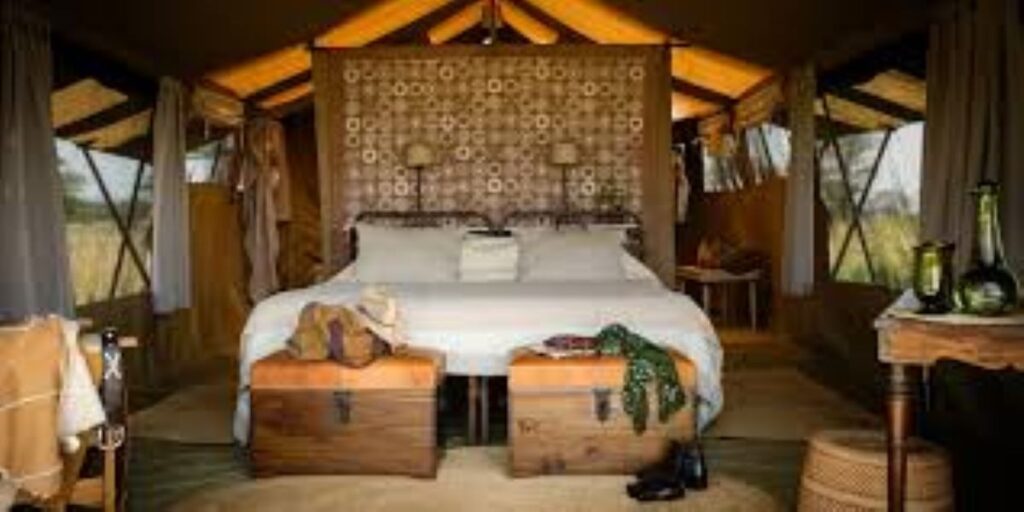
Conservation meets capital
The new safari economy blends experience with ethics. Many lodges are adopting low-density models to minimize environmental impact while maximizing guest comfort.
Solar-powered operations, local sourcing, and profit-sharing with surrounding communities are becoming part of the business model.
Yet, not everyone benefits equally. Critics warn that even sustainable luxury can edge out local voices if communities are not genuine partners.
Investors are learning to balance return and responsibility, building projects that protect biodiversity while providing livelihoods.
The shift toward shared ownership and transparent land use is slowly reshaping how the world engages with African wilderness.
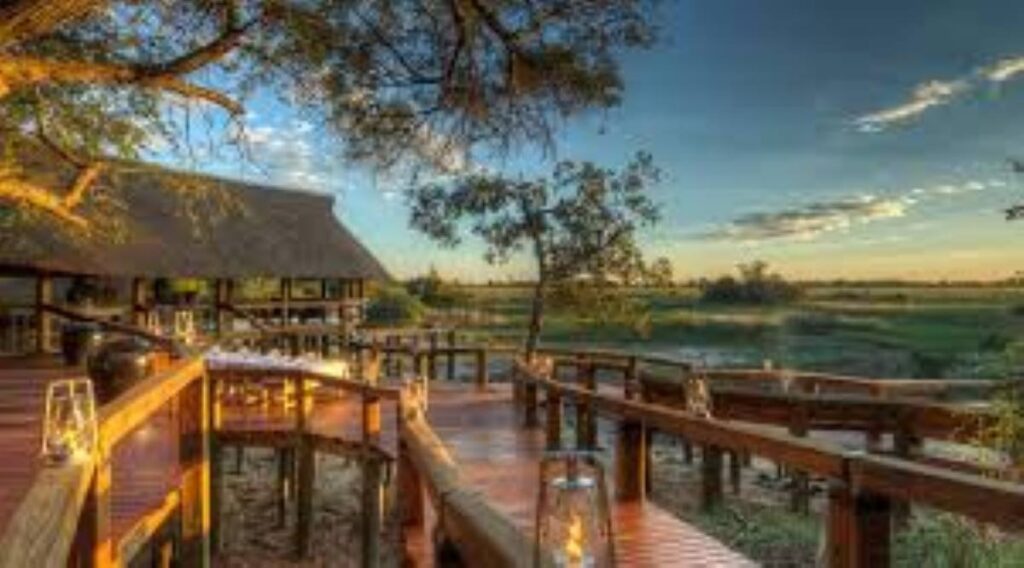
Urban luxury finds its voice
Meanwhile, Africa’s cities are becoming magnets for global and local wealth. Five-star brands are moving in fast, targeting executives and digital entrepreneurs.
From Lagos’ Eko Atlantic to Nairobi’s Upper Hill, mixed-use towers blend business, leisure, and lifestyle retail. Private clubs and exclusive wellness centers are redefining how urban Africans experience luxury not as excess, but as privacy and access.
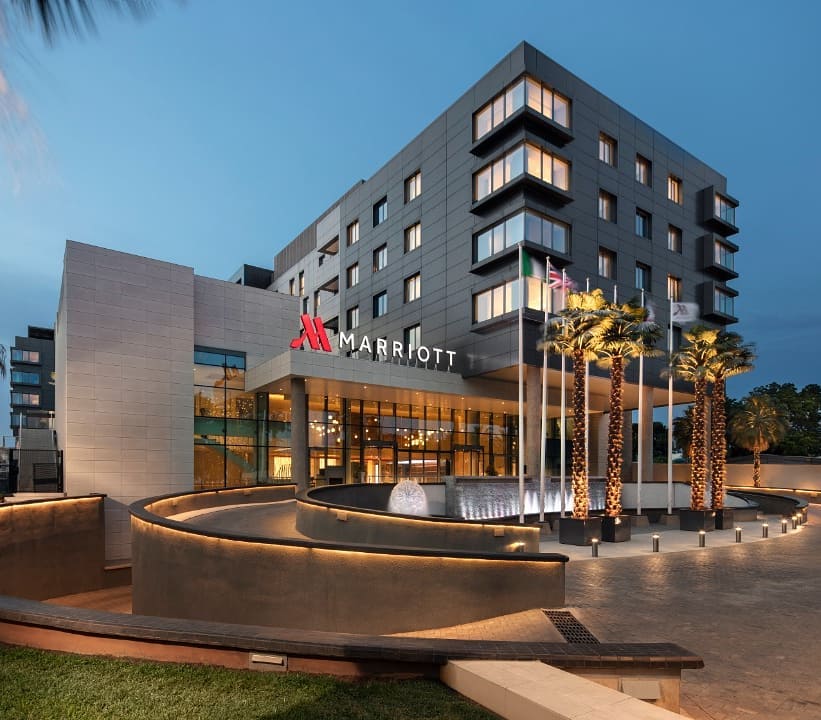
Bridging the wild and the modern
Some brands now link both worlds. A traveler might spend a few days in a Nairobi penthouse, then fly to a private camp in Botswana, and end the trip at a beachfront villa in Zanzibar all managed under one loyalty program. The approach builds brand loyalty while spreading investment more evenly across the region.
Sustainability and inclusion remain the test
Africa’s luxury boom is exciting, but it carries weighty questions. Will it empower local economies or widen inequality? The next decade will likely define that answer.
For travelers, Africa now offers an experience that moves effortlessly between wild seclusion and metropolitan polish. For investors, the challenge is clear: growth must come with integrity, ensuring that luxury feels not just imported, but genuinely African.
